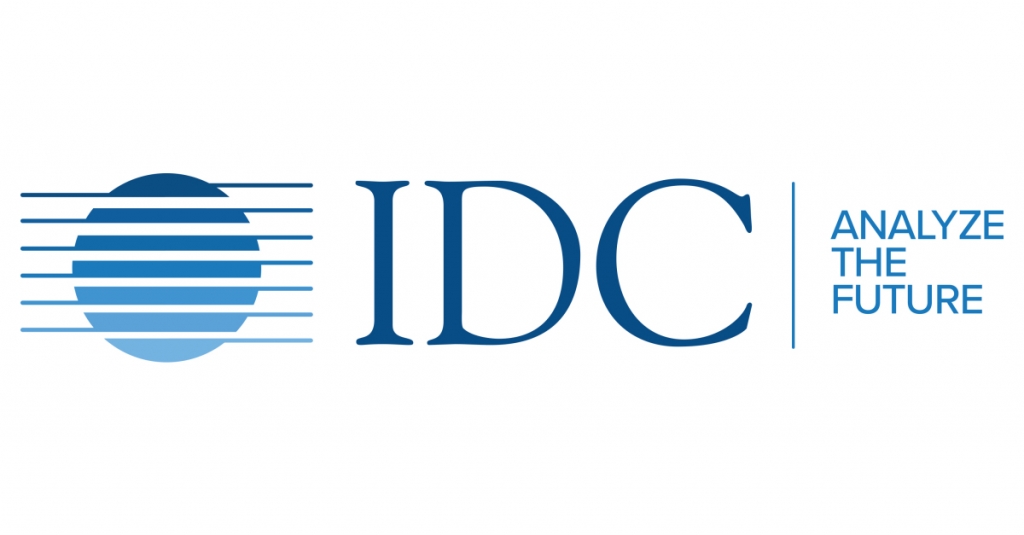
New IDC Report Examines Saudi Arabia's Digital Government Ambitions
As digital transformation continues to play a fundamental role in shaping the way governments across the world adapt to new opportunities and challenges, International Data Corporation (IDC) has published an in-depth analysis to spur debate, share data, highlight best practices, and assess the impact of ICT on digital government initiatives globally and in Saudi Arabia. Titled 'A Digital Government Vision for the Kingdom of Saudi Arabia', the report leverages insights from the Kingdom’s most senior ICT decision makers to help guide the implementation of Vision 2030 and the National Transformation Program (NTP).
Due to several macroeconomic and societal actors, countries are increasingly competing with each other for talent, foreign investment and development. Ensuring that their digital infrastructure is in place has become a major differentiator. This, in turn, has pushed countries both regionally and globally to emplace national strategies to enhance smart government performance. Vision 2030 sets out a long-term economic blueprint for reducing Saudi Arabia's dependence on oil, strengthening the nation's economy, attracting investment, and improving the lives of its citizens.
In line with this, the NTP provides relevant government entities with a detailed roadmap – including regional and global benchmarks, performance indicators, and expected outcomes – for achieving the goals set out by Vision 2030. The successful outcomes of these programs will be driven by the rapid adoption and well-planned execution of digital initiatives. They will be supported by technologies like artificial intelligence (AI), robotics, augmented reality/virtual reality (AR/VR) cloud, and the Internet of Things (IoT), and governed by digital program offices that will monitor their cross-functional impact.
"In line with the aspirations of Saudi Arabia's government to improve the welfare of all citizens, residents, and businesses, the implementation of digital transformation has been steadily progressing," says Hamza Naqshbandi, country manager at IDC Saudi Arabia. "This progress has spurred advancements across a wide spectrum of services offered by government agencies. These transformations are long-term and the shift to 3rd Platform technologies (cloud, big data, mobility, and social) presents new opportunities to transform government administration, public services, and the broader digital economy. However, this shift also broadens perimeter security vulnerabilities and increases the complexity of preventing and countering attacks. Building maturity across these domains is the way forward for the Saudi public sector to deliver sustainable public service growth that aligns with the relevant national transformational initiatives."
In recent years, IDC has increasingly been tracking global trends within the digital government domain such as the rise of smart cities and the integration of emerging technology into healthcare, education, and other industries. Across these themes, government strategies are emphasizing the role of digital technologies in order to accelerate economic diversification, promote sustainability, and enhance citizen satisfaction levels by implementing exponential technologies And while many countries are embracing such transformation, Saudi Arabia has gone a step further by producing an innovative, holistic strategy that goes into great detail and builds on established best practices to provide a strategic implementation plan that will significantly increase the chance of success.
IDC’s report analyzes the progress and importance of digital government initiatives and assesses the potential impact of technology on the new programs outlined by the NTP. It explores the ways in which digitalization can enable the goals of the NTP, juxtaposing the current situation with future possibilities. The report focuses on the impact of the five pillars of digital transformation (i.e., Leadership, Omni-Experience, Information, Operating Model, and WorkSource) on digital government initiatives, serving up a commentary on best practices from around the world and providing invaluable guidance for key stakeholders.
"The adoption of Vision 2030, which is a methodology and roadmap for economic development in Saudi Arabia, and the adoption of the National Transformation Program, which is the key action plan for executing Vision 2030, are creating new digital technology investment opportunities," says Naqshbandi. "The NTP, in particular, comes at a time of profound transition, both for the Kingdom of Saudi Arabia and the world as a whole. IDC has a longstanding commitment to the Kingdom, and we look forward to supporting the transformation of its economy by leveraging our global expertise, strong in-country presence, and deep understanding of local ICT nuances."
The IDC report 'A Digital Government Vision for the Kingdom of Saudi Arabia' was sponsored by Cisco, Hewlett Packard Enterprise, Saudi Telecom Company, Ebttikar and Advanced Electronics Company (AEC). To download the report, please visit www.idcdigigovreport.com. For more information, please contact Hamza Naqshbandi at hnaqshbandi@idc.com or on +966 11 275 6123.


























